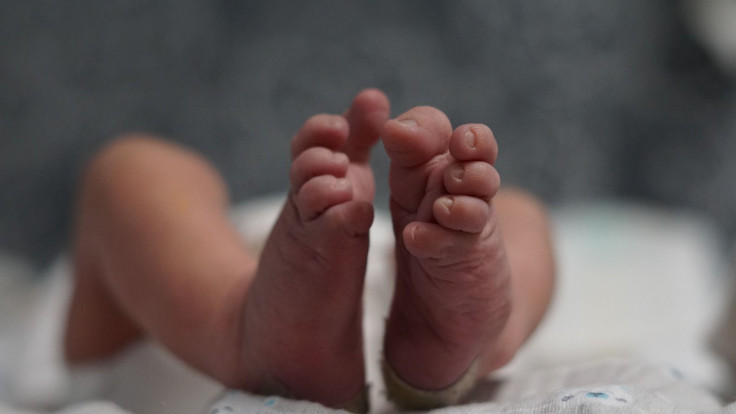What Is BENTA Disease? 7-Month-Old Baby Infected With Extremely Rare Genetic Disorder
KEY POINTS
- The infant lives in the city of Bengaluru in the Indian state of Karnataka
- He can reportedly survive only through a blood stem cell transplant
- Vijayendra was believed to be world's first BENTA case diagnosed at such an early stage
A 7-month-old baby in India has been diagnosed with the BENTA disease, a rare genetic disorder of the immune system caused by mutations in the gene CARD11.
This primary immunodeficiency disorder is said to have affected only 13 others in the world.
The infant, identified only as Vijayendra, lives in the city of Bengaluru in the southern state of Karnataka. He can survive only through a blood stem cell transplant, DKMS-BMST Foundation India -- a blood stem cell registry -- told the media. The non-governmental organization is coordinating the search for a matching donor for the infected child.
"Being a mother, I feel devastated to see my son going through so much pain and the only way he can survive is a stem cell transplant from a matching donor," Vijayendra's mother Rekha said, NDTV reported, citing Press Trust of India. "It will only take five minutes of your time to sign up online, and register with this simple process of filling a web form and submitting your cheek swab sample to help my baby survive this rare disease."
The foundation said in a statement the treatment being given to Vijayendra was experimental because of the minimal therapeutic intervention available for BENTA disease.
The child's doctor – Dr Stalin Ramprakash – said the BENTA disease so far has affected 14 people in the world. Vijayendra was believed to be the world's first BENTA case diagnosed at an early stage considering his age and severity.
"Based on his reaction to the previous treatments we suggest a stem cell transplant is his best chance at survival. For a successful stem cell transplant, Vijayendra urgently needs to find his matching blood stem cell donor," he said.
Children of a person who carries a "CARD11 mutation" have a 50 percent chance of inheriting the mutation, according to National Institute of Allergy and Infectious Diseases. The main symptoms of this disease include spleen enlargement (splenomegalia) and frequent ear, sinus, and lung infections early in life.
"In India, only 0.04 percent of the population is registered as potential donors especially due to unawareness and apprehensions people have around blood stem cell donation. There are many patients who are in dire need of unrelated donors as 70 percent of the patients are dependent on them. We encourage people to come forward and register online as a potential lifesaver," Patrick Paul, CEO, DKMS-BMST, the Deccan Herald reported.

© Copyright IBTimes 2024. All rights reserved.





















